The Mind Behind the Message: How Atlanta’s Rabbis Craft their Sermons
Diving into their writing processes, several of Atlanta's many rabbis share their thoughts on how to approach a sermon.
Atlanta has dozens of rabbis, many of whom are delivering sermons during these high holidays in front of the biggest crowds of the year, but what topics warrant their attention, and how does one go about writing such an address?
A few of the community’s many rabbis spoke to the AJT in the week leading up to Rosh Hashanah about their brainstorming and writing processes when preparing for the high holidays.
The Subject Matters
“Over the course of months, I jot down different ideas of what I’d like to talk about,” said Rabbi Alexandria Shuval-Weiner of Temple Beth Tikvah. “It may be things that I read, things that I see. If I’m on a walk and listening to music, something may strike me. I keep that collection and the cream sort of rises.”
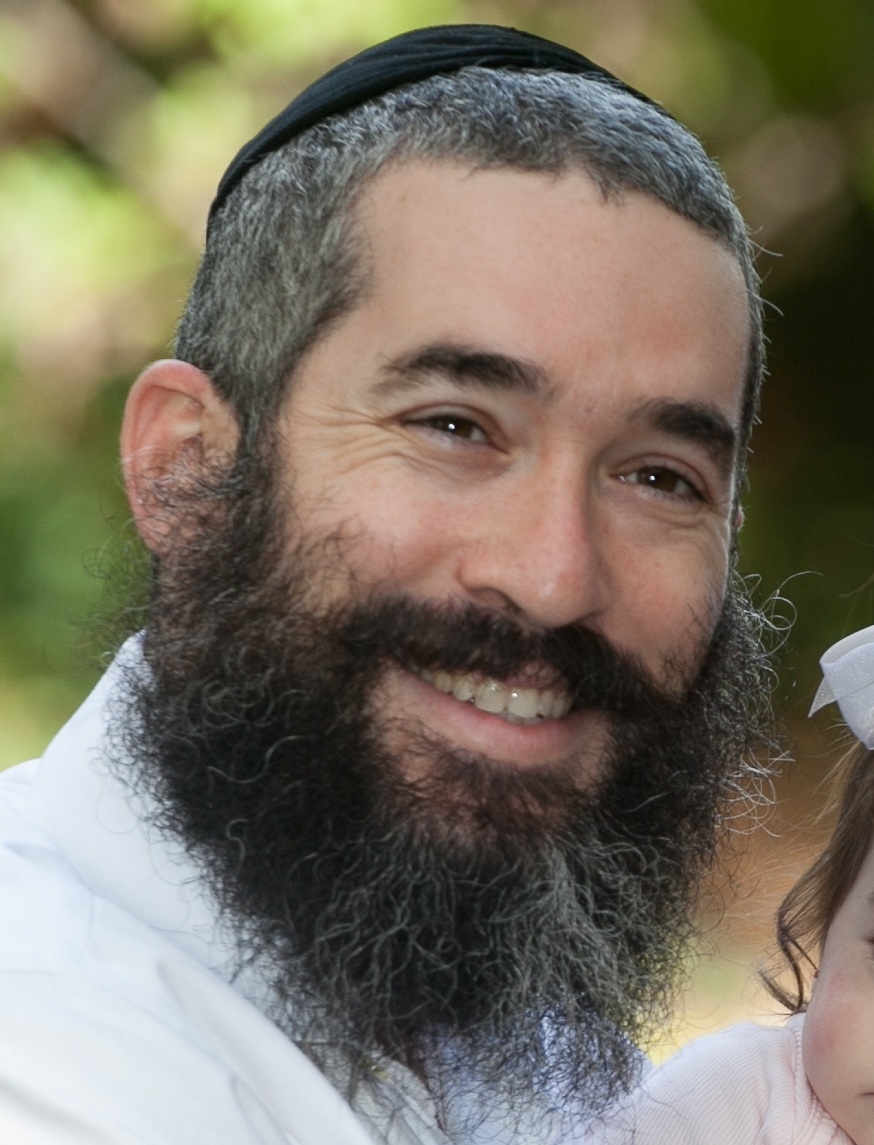
Chabad Intown on the BeltLine’s Rabbi Eliyahu Schusterman described a very similar process.
“As I’m doing my studying in preparation for the high holidays, I try to find something that really connects with me,” he said. “I let that serve as my inspiration. I like to speak about things that I find meaningful to me, not just something that I think is going to have dramatic effect.”
While their processes are a little more free-flowing, Rabbi Jesse Charyn, Temple Beth David’s new spiritual leader, has been aware of his new platform since stepping into the role in July.
“I’ve spent the last two and a half months getting to know everyone and figuring out what they are looking for,” he said. “The message is — as opposed to a global message — a specific message to the community. So, my message is: why is community important? Why is it important that we come together?”
While Charyn has given sermons before in his chaplain roles and at a retirement community, this will be his first as a congressional rabbi, and that has been on his mind.
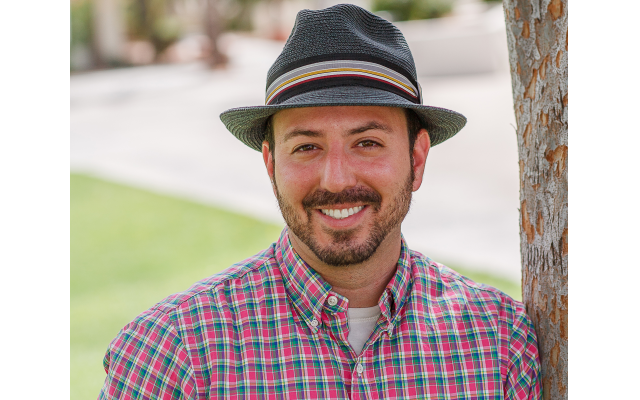
“My audience has typically been 60-years-plus,” he said. “This time I’m going to have young families and millennials, so I’m figuring out how to make sure everyone can understand this importance of community.”
Many rabbis, like Congregation Beth Jacob’s Ilan Feldman, have patterns they follow in choosing their themes for certain services each year.
“My goal is that people should enhance their connection to the spiritual themes of the day,” he said. “I try to pick one of the spiritual themes of the holiday and show that it’s relevant with a specific issue that people are dealing with today.”
Repeating Yourself?
Deep into his own sermon preparations, Rabbi Michael Bernstein of Congregation Gesher L’Torah explained that there are certain conversations he sees value in having every year.
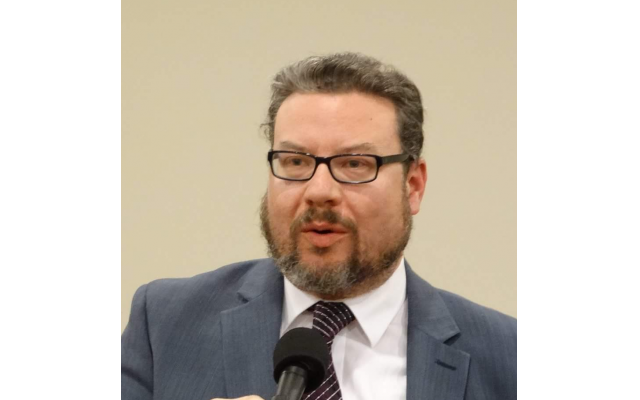
“It’s not the same stories and the same angle, but there’s always room to talk about how we’re living our lives, how we’re making the most of each moment,” he said. “Those are topics that I find myself returning to, but not in a way of, ‘I did this sermon five years ago.’”
Feldman has been delivering sermons for 30 years, and at times, that can present challenges in how to approach a subject that has been addressed countless times.
“It’s not so much of what I’ve done in the past, but I struggle sometimes to find a topic that doesn’t sound to the listener like they’ve heard it before,” he said. “I’m always concerned that when you mention the word shofar on Rosh Hashanah, they go, ‘Yeah, I’ve heard this all before.’”
He noted that those issues present challenges for him that require a tactical approach.
“I try to develop a kind of sneak attack where I get the interest of the listener through something they clearly haven’t heard before and then connect it back to something a little more familiar,” Feldman said.
Politics from the Pulpit
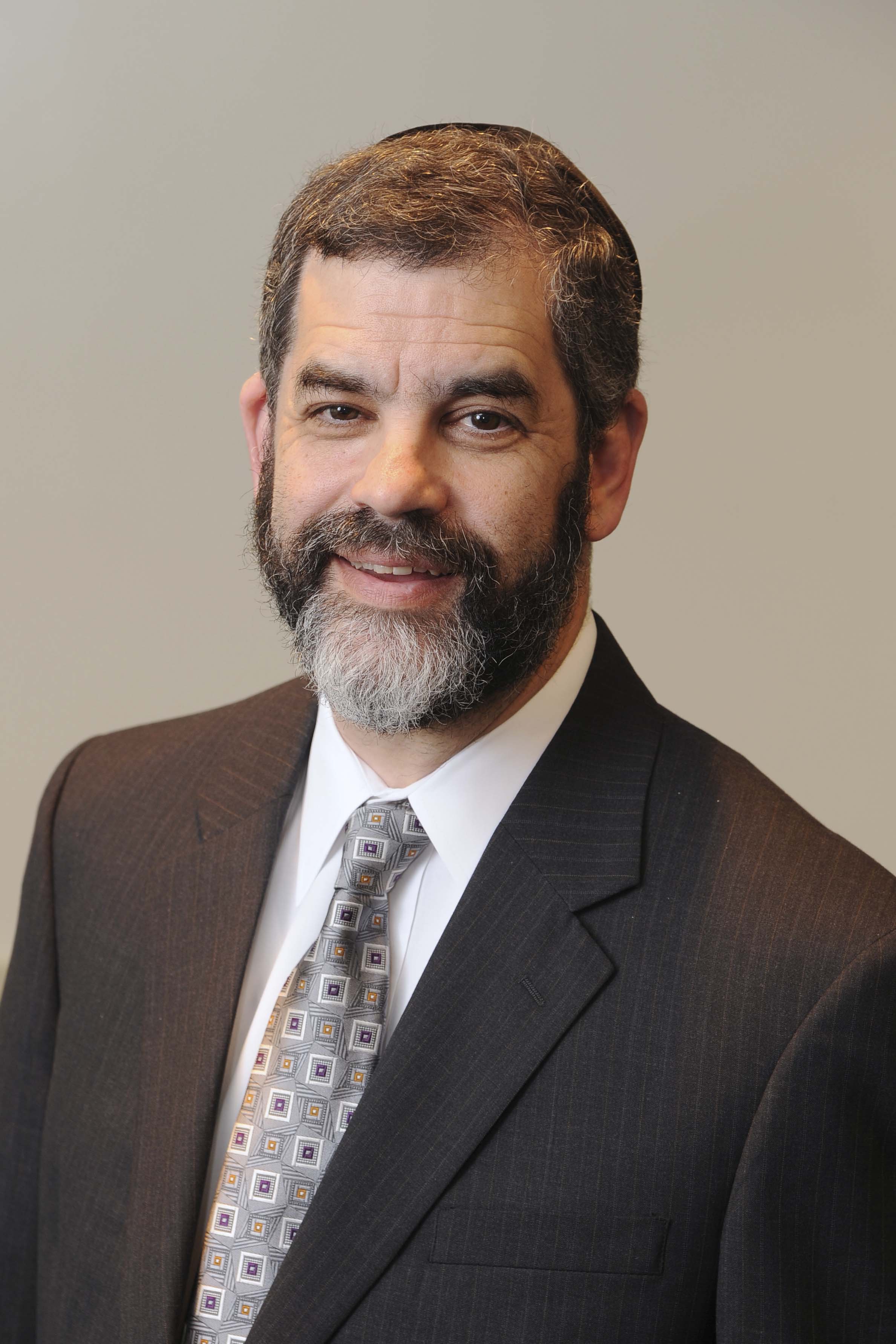
While rabbis have different ideas of how and when to approach politics more broadly, all the rabbis interviewed for this story agreed that they do not specifically discuss politics during the high holidays.
“I try to stay away from politics because it’s just a distracting factor that people end up getting fixated on the political issue and not on the spiritual issues,” Feldman said. While I stay away from politics, I do sometimes try to point to current events, especially those that affect our congregants.”
Bernstein explained that he never does anything purely political.
“Anything political that is so important that it has to be addressed right now can be addressed in a way that isn’t trying to hint at its politics,” he said. “I don’t think that tradition tells us what to do politically. It tells us what is meaningful in the world and it’s up to us to figure out how to translate that into action.”
Shuval-Weiner noted that while she does not address politics during the high holidays, there is no one correct approach to a sermon.
“I think there are some rabbis that are in communities that want real hardcore political messages,” she said. “I’m not in a congregation like that. I’m in a congregation where that would be a real turnoff.”
Writing Style
When it comes to writing sermons, each and every rabbi clearly has their own preferences, though each of the rabbis who spoke to the AJT shared that at least the first steps of their writing process happened solo.
“I’m definitely alone. I sit down and will draft some initial thoughts in bullets and let it ferment for a little bit, and then I’ll come back and pepper it up with stories and anecdotes,” Schusterman said.
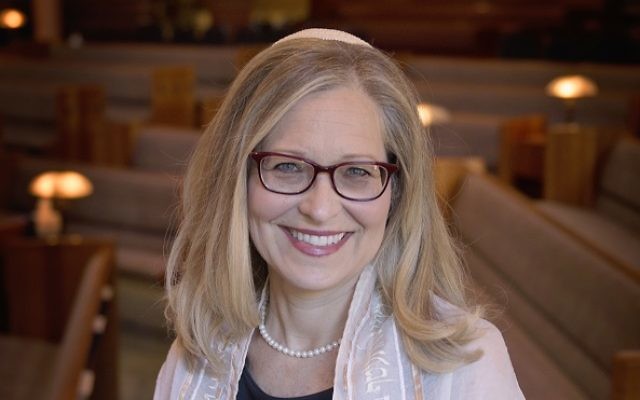
Shuval-Weiner agreed that her first steps were in quiet contemplation, but that getting out of her everyday atmosphere was important.
“It’s definitely not at my desk,” she said. “Usually it’s sitting out away from the office and I have one or two people that I feel very comfortable with that I can bounce off ideas.”
Having a couple of trusted colleaguesto use as a sounding board, either here in Atlanta or around the globe, was a unanimous step. For Schusterman that involves sharing drafts with his brothers, many of whom are also rabbis, and for Charyn running ideas by his wife. But for others, it was old friends.
“I have two or three colleagues around the country who either call me or I call them and one of us says, ‘I’m dry, what are you working on?’ I just got a text last night that said, ‘Isn’t it about time we talked?’” Feldman said, laughing.
While the isolation and collaboration were relatively common, one area where many differed is in how much they write down versus how much is left to be ad libbed.
“I write the whole thing out, and when I’m delivering it, I may veer off of what I have on paper, but I always feel the need to write it out,” Shuval-Weiner said.
Feldman meanwhile begins with an outline, from which he then rearranges and revises what he intends to say, getting more detailed as he goes.
“What I end up with often looks nothing like what I started with,” he said.
Bernstein, on the other hand, has a different approach.
“My congregation knows that I don’t write out and read every word,” he said. “Most of the time I try to load up the idea with stories and illustrations, and the flow of it isn’t prewritten. There’s no editing process, per se, where I’m choosing this word versus that word.”
Whether your rabbi has been delivering sermons for 30 years like Feldman, or delivering their first like Charyn, know that the process is one that is not taken lightly.
“There is a certain amount of stress that goes into it,” Bernstein said. “Everyone wants to do everything they possibly can to make it an effective sermon. It’s an amazing thing to be engaged in, doing the service and feeling the energy of everyone there.”



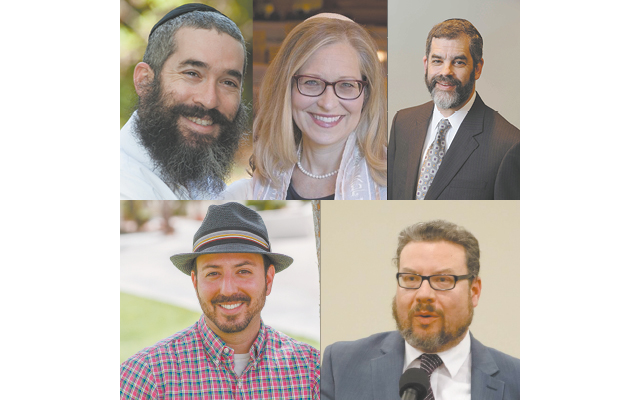
comments